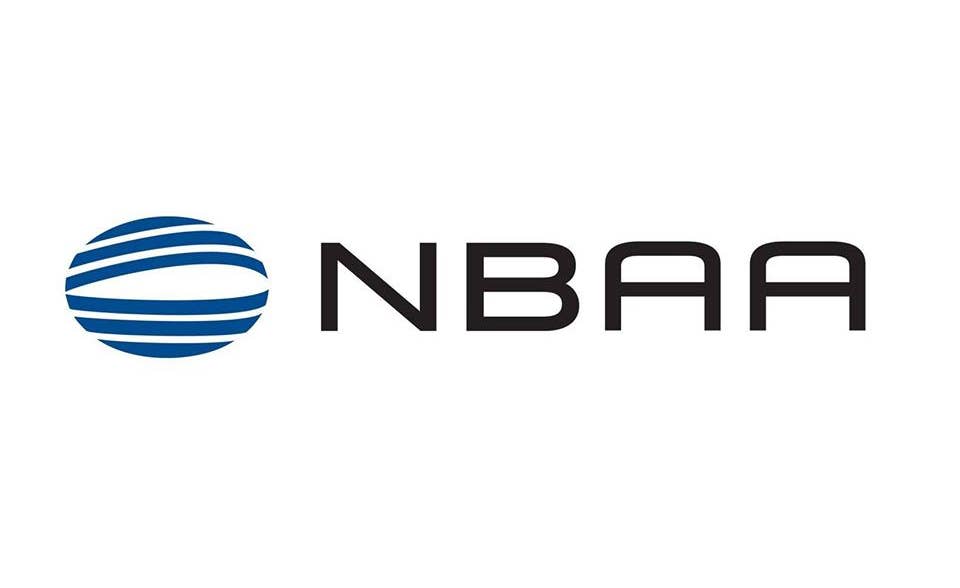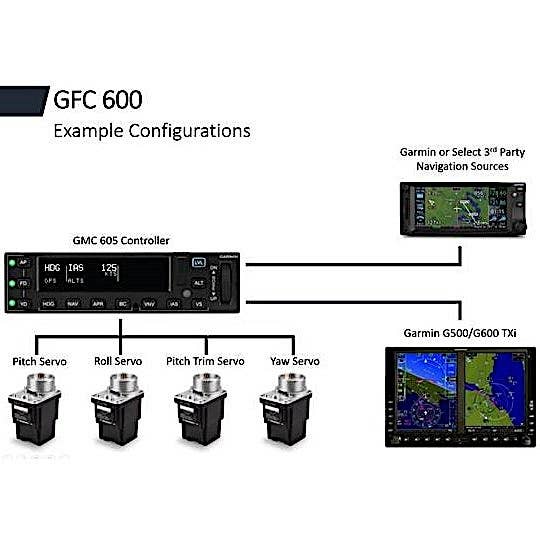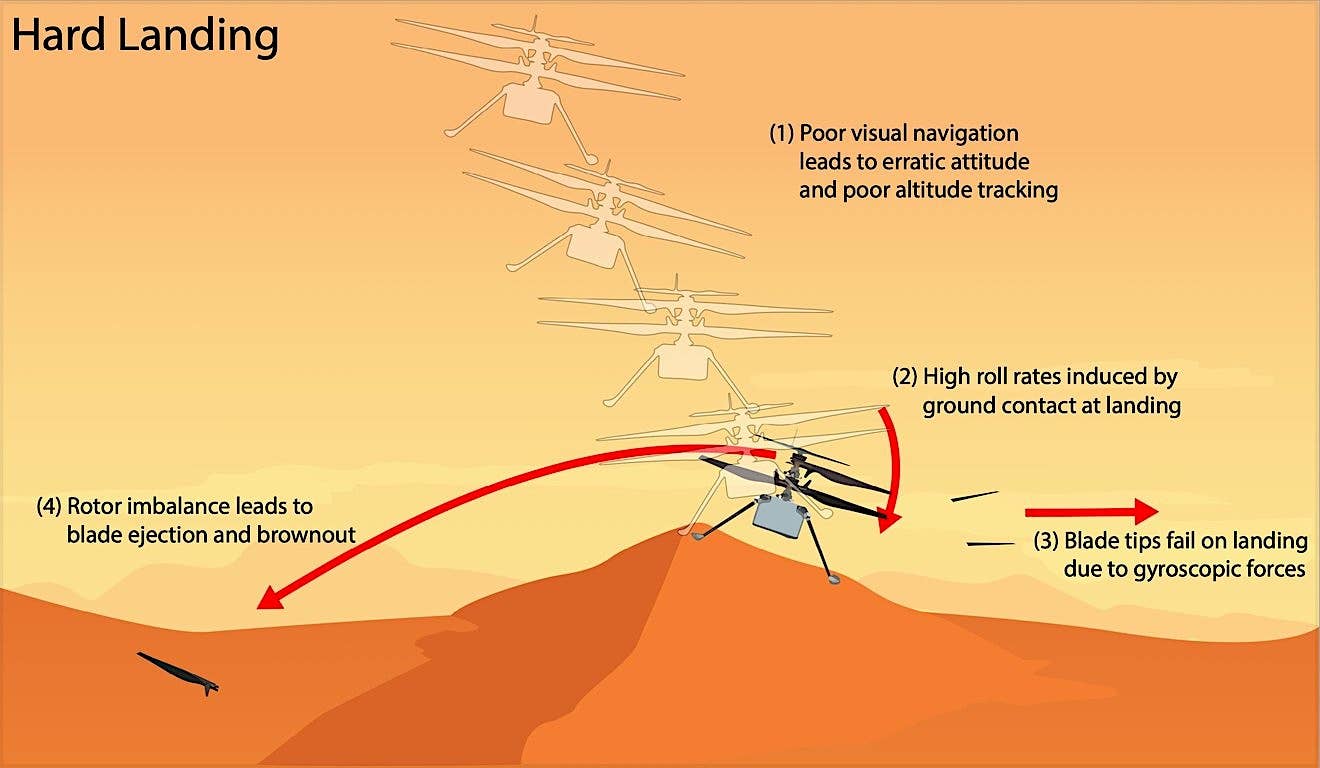NBAA Pushes Back On FAA Pilot Records Proposal
The NBAA has called on the FAA to abandon trying to define “gateway operators” in a way that would include many Part 91 operations in an expanded electronic records-keeping program….

Image: NBAA
The NBAA has called on the FAA to abandon trying to define “gateway operators” in a way that would include many Part 91 operations in an expanded electronic records-keeping program. In rebutting the FAA Notice of Proposed Rulemaking (whose comments closed yesterday), NBAA says that “The FAA’s proposed PRD [Pilot Records Database] would create substantial new pilot data recordkeeping and reporting requirements for a large portion of the business aviation community that is not currently subject to similar reporting obligations. The proposed rules would expand data-collection mandates outlined in the Pilot Records Improvement Act (PRIA), which was enacted in 1997 to establish requirements for air carriers to conduct pilot background checks during the hiring process.” NBAA believes that the FAA's attempt to define "corporate flight departments" as "gateway operators," whose pilots are likely to move on to airline jobs, is incorrect and "lacks any Congressional direction." (Read the full response here.)
“NBAA is concerned that the safety and public interests analysis conducted in support of this proposal do not suggest a need to expand these reporting requirements to Part 91 operations,” said NBAA Chief Operating Officer Steve Brown. “Further, the arbitrary need to define a ‘corporate flight department’ and the lack of any clear safety benefits of this proposal attributable to Part 91 operations suggest that Agency should consider a less burdensome approach.”
NBAA is also concerned that “instructor and check airman notes regarding a pilot’s training” need to be included in the PRD and that could lead impinge safety. “Including these subjective notes turns training and checking into punitive events that could discourage pilots from seeking additional training and therefore negatively impact safety,” the association said. It regards the expansion as “regulatory creep” on the FAA’s part.






